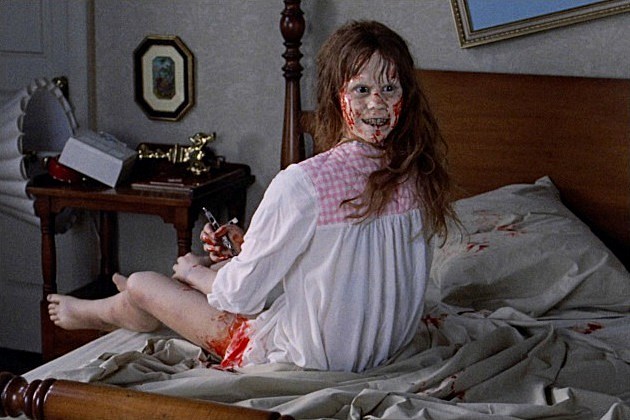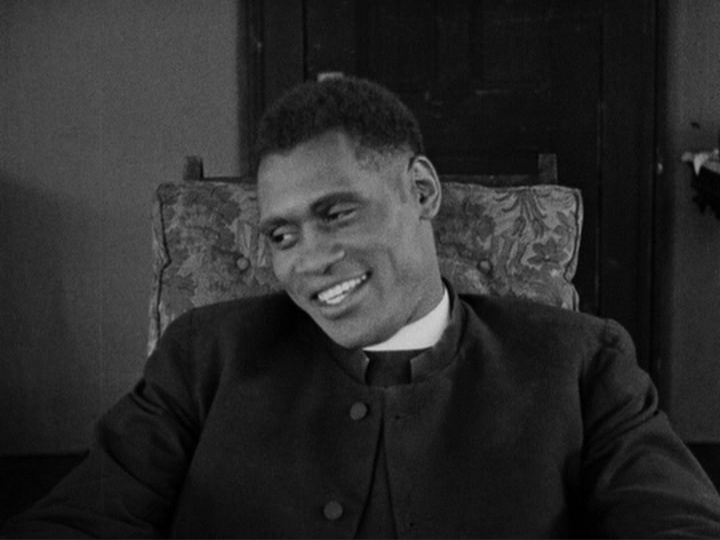I couldn't locate Gomorrah on line, so I am including my review of the film that I used in my book after which I will make a couple of random comments:
-------------------------------------------------------------------------------------------------------------
Gomorrah (2008) Directed by Matteo Garrone 7B
Gomorra is the name of the largest crime syndicate in Europe, bigger than the mafia, which is principally located in the Campagna region of Italy. Set in the midst of large, interlinked housing projects outside of Naples, the movie shows the all-pervasive nature of crime and violence that infests every level of Neapolitan culture. Because Gomorra is such a massive criminal undertaking, it has many different clans which often compete brutally with one another for supremacy or, in some instances, for mere survival. The fates of many characters—a money carrier; two toxic waste managers; a pair of mindless punks; a tailor; and a delivery boy—are depicted as they go about their business contributing, in big ways or small, to the crime and violence of their community. This diverse collection of characters shares only one thing in common: each individual is trapped in a culture of corruption that is beyond their power to even think of resisting, much less escaping. There is a lot of story going on here, and the movie can sometimes be a little confusing. But despite shortcomings, persuasively realistic Gomorra packs a dramatic wallop.
subtitles
-------------------------------------------------------------------------------------------------------------
I have often had a problem with the way that movies, especially Hollywood movies, portray organized crime. For one example, I was one of the very few to turn thumb's down on The Godfather movies, all of them. My critique had not so much to do with the subject matter itself as the way the subject matter was presented by Coppola. I found the style of the films wretchedly romanticized, glamourized and falsified to the point that the movies became operatic rather than realistic in nature. Mafioso types are not worthy of such stylized high tragedy. To me the antidote to the flaws presented in the Godfather Trilogy is evident in the approach Matteo Garrone takes in Gomorrah. He presents organized crime as a scuzzy world that diminishes all who have to deal with it in one way or the other, be they bosses, henchmen or just average citizens caught in its tentacles whose lives have become corrupted by the blight that such organized criminal activity invariably spreads in its wake. To me, Gomorrah is much more artful than Coppola's movies because it gives a much more convincing portrayal of the rot such crime creates in any society beholden to it. I remember Gomorrah as a very powerful film, all the more effective because it does not candy-coat its subject in any way.
-------------------------------------------------------------------------------------------------------------
Gomorrah (2008) Directed by Matteo Garrone 7B
Gomorra is the name of the largest crime syndicate in Europe, bigger than the mafia, which is principally located in the Campagna region of Italy. Set in the midst of large, interlinked housing projects outside of Naples, the movie shows the all-pervasive nature of crime and violence that infests every level of Neapolitan culture. Because Gomorra is such a massive criminal undertaking, it has many different clans which often compete brutally with one another for supremacy or, in some instances, for mere survival. The fates of many characters—a money carrier; two toxic waste managers; a pair of mindless punks; a tailor; and a delivery boy—are depicted as they go about their business contributing, in big ways or small, to the crime and violence of their community. This diverse collection of characters shares only one thing in common: each individual is trapped in a culture of corruption that is beyond their power to even think of resisting, much less escaping. There is a lot of story going on here, and the movie can sometimes be a little confusing. But despite shortcomings, persuasively realistic Gomorra packs a dramatic wallop.
subtitles
-------------------------------------------------------------------------------------------------------------
I have often had a problem with the way that movies, especially Hollywood movies, portray organized crime. For one example, I was one of the very few to turn thumb's down on The Godfather movies, all of them. My critique had not so much to do with the subject matter itself as the way the subject matter was presented by Coppola. I found the style of the films wretchedly romanticized, glamourized and falsified to the point that the movies became operatic rather than realistic in nature. Mafioso types are not worthy of such stylized high tragedy. To me the antidote to the flaws presented in the Godfather Trilogy is evident in the approach Matteo Garrone takes in Gomorrah. He presents organized crime as a scuzzy world that diminishes all who have to deal with it in one way or the other, be they bosses, henchmen or just average citizens caught in its tentacles whose lives have become corrupted by the blight that such organized criminal activity invariably spreads in its wake. To me, Gomorrah is much more artful than Coppola's movies because it gives a much more convincing portrayal of the rot such crime creates in any society beholden to it. I remember Gomorrah as a very powerful film, all the more effective because it does not candy-coat its subject in any way.
Last edited:





